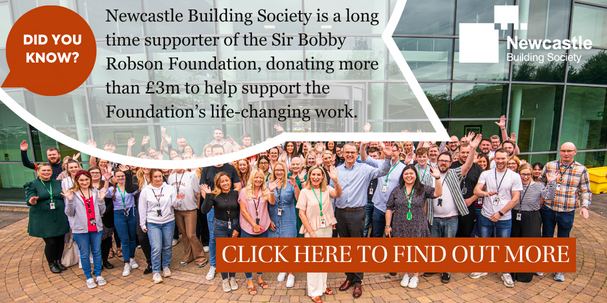
What is Construction Alliance Northeast (CAN) and what does it do?
CAN represents the members of Northern Counties Builders Federation (NCBF), Federation of Master Builders (FMB), National Federation of Builders (NFB) and Civil Engineers Contractors Association (CECA). We lobby the Government, MPs, local authorities and other procurement organisations, to remind them of the wider benefits to our region’s economy of working with North East construction firms. We campaign to raise awareness and to create a level playing field to allow local companies to win more work.
My role as chair is to get in front of the right people and decision makers and discuss how we can get our membership involved in wider strategy at local government level and help them make policy and decisions that will have a positive impact on the local construction industry. This year, with a General Election, it’s more important than ever to ensure we have a say in how things will look in the industry going forward.
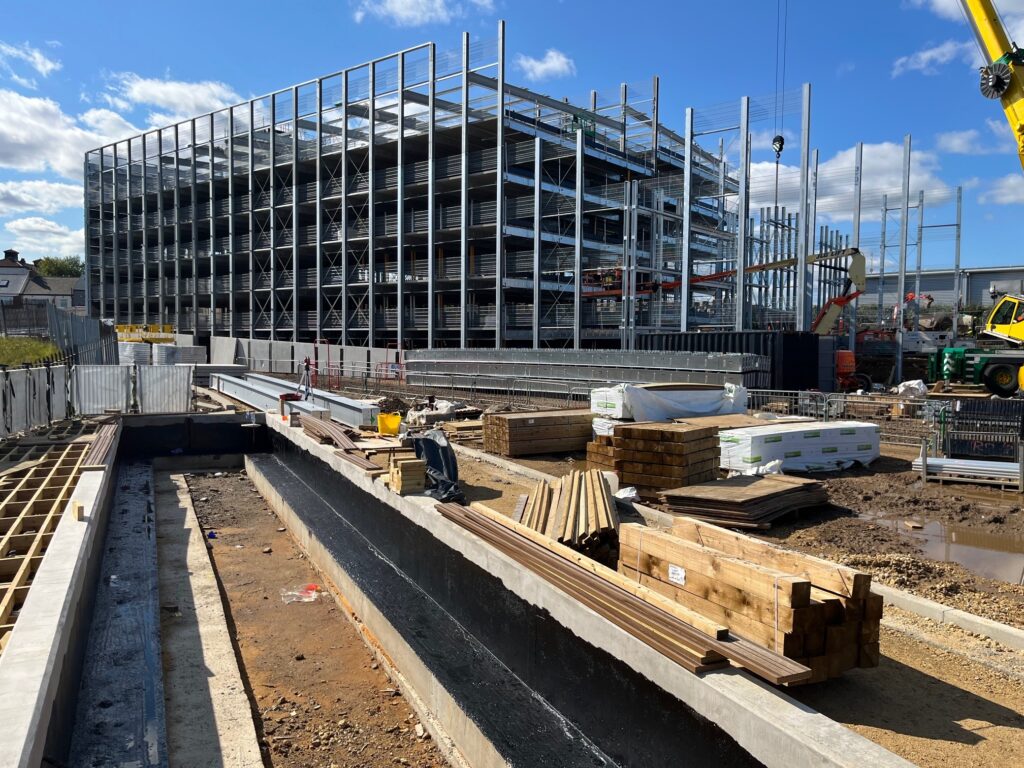
How important is it for the region that we have a lobbying body representing the construction sector?
We see the role as vital to the local construction sector and the wider local economy. CAN represents over 500 companies, through their member organisations, with an annual turnover of over £3bn. We represent a huge segment of the North East economy, so it is important we have a place at the top table.
In what ways do you help SMEs?
We concentrate on our main three pillars.
- Intelligent Procurement — we seek a “levelling up” in procurement processes to allow our regional companies to deliver more local projects. Procurement processes in the industry have, for too long, disadvantaged regional companies. We aim to put this right.
- Fair Payment — we seek to harmonise payment terms up and down the supply chain, so they are fair and equitable for everyone.
- Skills and Training — to promote a sustainable North East industry, by continuing to develop a directly employed workforce.
By promoting these areas to local employers, we are pushing forward the best local contractors, ensuring they are involved in as many regional projects as possible.
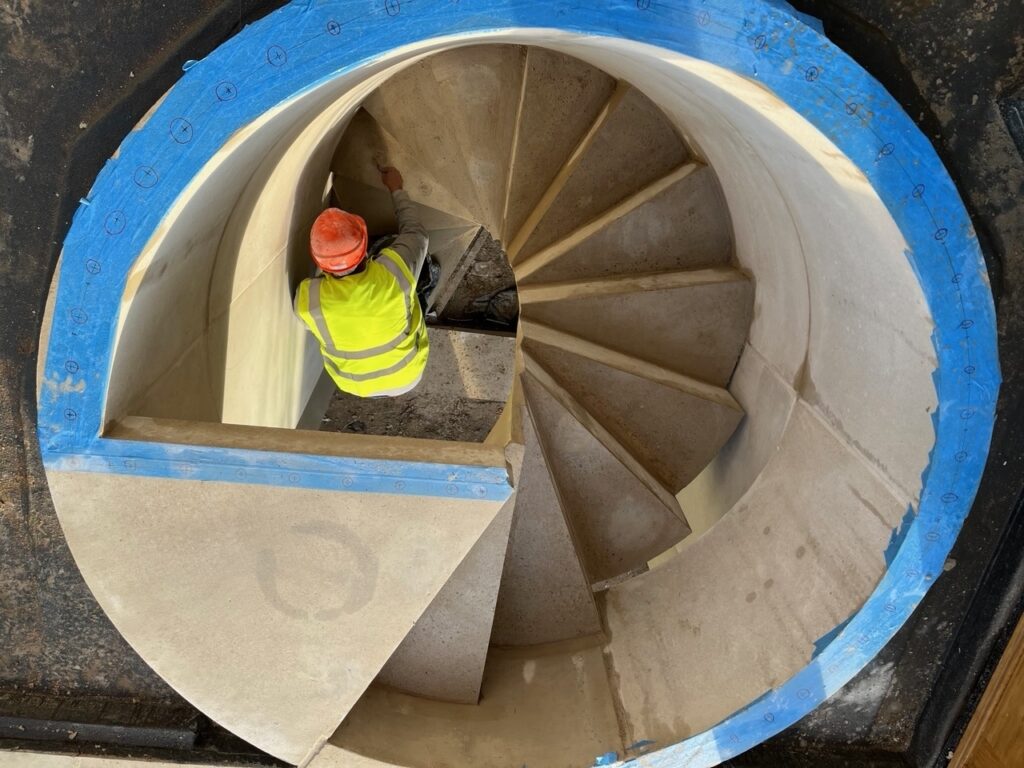
The North East construction sector is used to weathering storms but last year was particularly chilling, with long established, high-profile, construction companies, Surgo, Tolent and Metnor, entering administration. Were there distinctly different reasons for the collapse of the companies or can you point to any significant shared issues that applied to their demise?
To answer this question, the administrators behind these companies would have to have input. From the outside, it looks like many factors were involved, possibly some procurement issues, resource issues and contractual issues.
We often mention the race-to-the-bottom in construction procurement and I am sure this will have had a factor, with companies encouraged to get to the lowest price. Clients should concentrate on a more qualitative and long-term approach, based around value for money.
What this does show is how fragile some in the sector can be if things go wrong. We need to change the culture around how much construction projects cost and why profit should not be seen as a bad thing. I am sure, in a more profitable sector, these companies may have survived by having the resources underneath them to weather the storms.
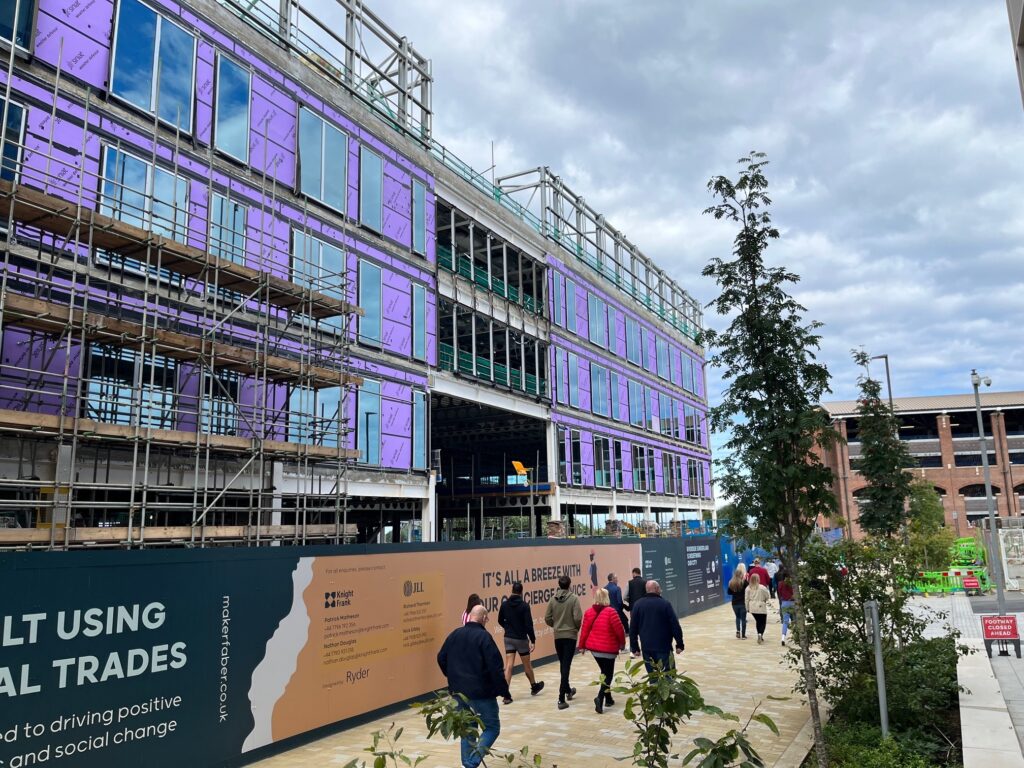
How did the collapse of the firms impact confidence in the sector?
The North East construction sector is very resilient and always bounces back from knocks to its reputation. What we have seen is other companies in the region step up to fill the voids left by the unfortunate ones that have gone. Not only have they taken on and made successes of projects that were not complete, they have also managed, in many cases, to keep those who sadly lost their livelihoods, employed.
We should be concentrating on explaining to the local client base that, even in the face of adversity, the North East construction sector showed what it had to offer.
SMEs suffer from a culture of slow or extended payment terms from those higher up the supply chain. What needs to be done to change this?
We would like to see back-to-back payment clauses and more pressure being applied for companies to be transparent with their payments. In particular, we favour the establishment of project bank accounts, which the supply chain can directly access.

How confident are you that the construction sector in the region can flourish and grow?
With an election and a new North East Combined Authority, as well as existing local authority arrangements, we have a great opportunity to push forward our great regional contractors. The sector is always one of the first to suffer in economic downturns, so we are waiting to see what policies will be brought forward after July. Our sector is very buoyant at the moment and we see opportunities for further growth, alongside new technologies and modern methods of construction, which will result in further positivity for the sector.
What more can be done to encourage local authorities to hire locally as opposed to appointing national firms?
The aim is to demonstrate the wider benefits of the construction industry, as well as the direct impacts at a local level.
Giving examples of local social value which encourages social mobility, is one thing we can do. The more local construction firms input in the regional market, the greater the increase in job opportunities and growth. This can pull both individuals and communities out of potential poverty and improve the lives of many through employment and projects that benefit the communities.
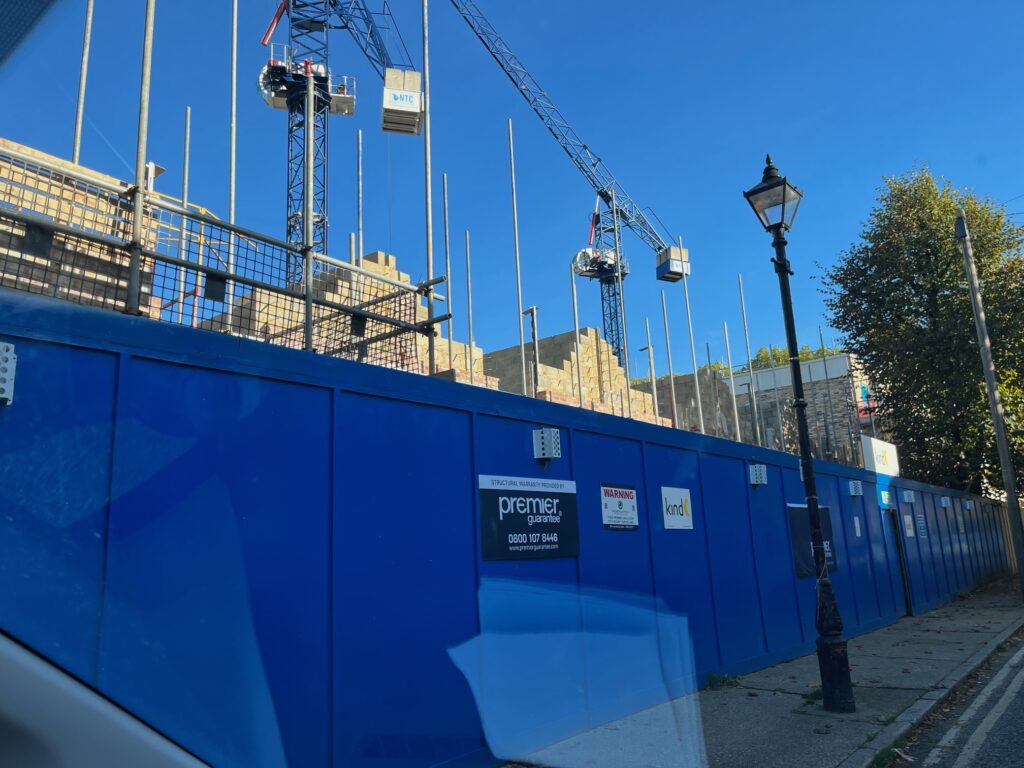
What are the main barriers facing SMEs when it comes to procurement? How does CAN help?
Complex and overly bureaucratic tendering processes can be a heavy burden on SME companies, taking time and resource away from other vital areas. Having been involved in the sector at SME level for the last 25 years, I can see how procuring work has become much more difficult. Larger contractors can have dedicated teams pulling together very professional documents, answering questions and giving case studies. More often than not, SMEs can match all these qualities but don’t have the time and resource to complete.
How important is it that CAN has a relationship with planning teams from local authorities?
Recently, I visited a local authority to talk about the construction sector and during the discussions the topic of planning policy came up. A new, long-term plan, had been approved with what looked like little consultation with industry.
When we got into detail, we discussed local resource, technology and environmental issues and both CAN and the authority realised we both could have added something to the discussion. It was clear a much more ambitious plan could have been looked at, to incorporate goals around sustainability and technology, which would have aided both the public and private sector.
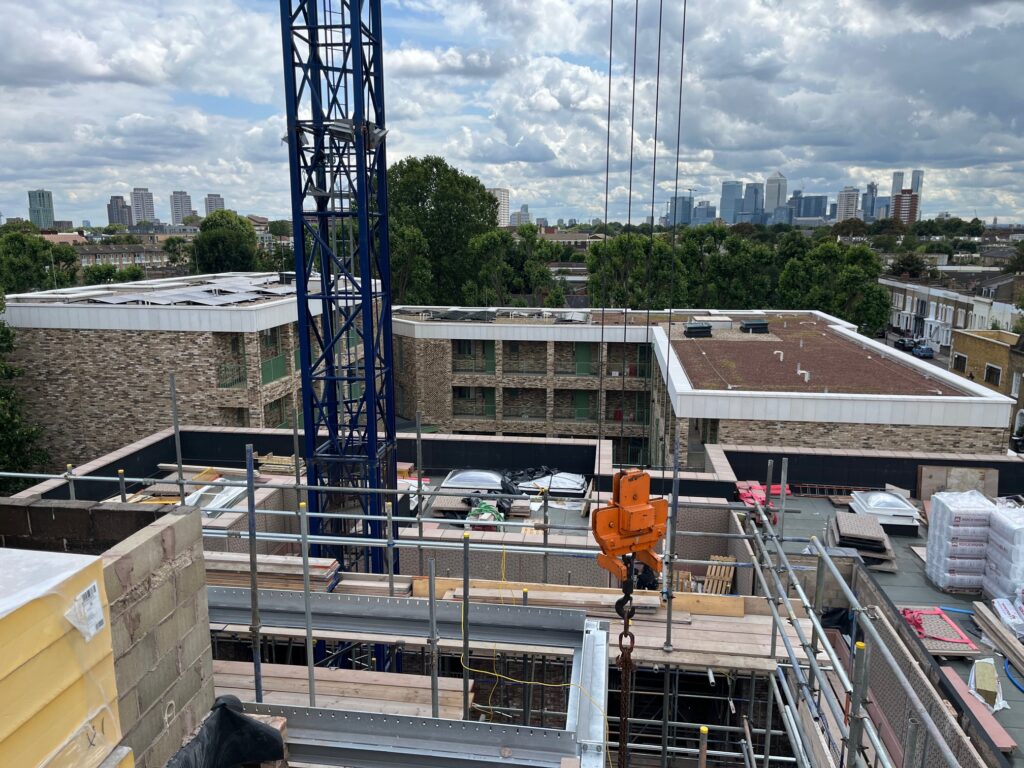
What are the main opportunities and challenges that the sector faces?
We all discuss the shortage of a skilled workforce. However, this, in turn, creates opportunity for innovation and technology to step in and create new processes, including things like offsite building and new materials. We also have opportunities to encourage a new, exciting younger generation to choose a career in construction.
